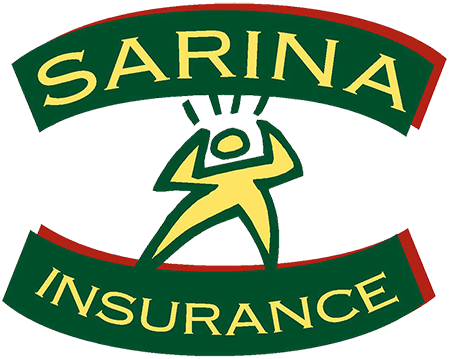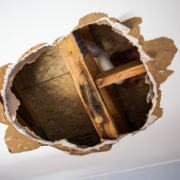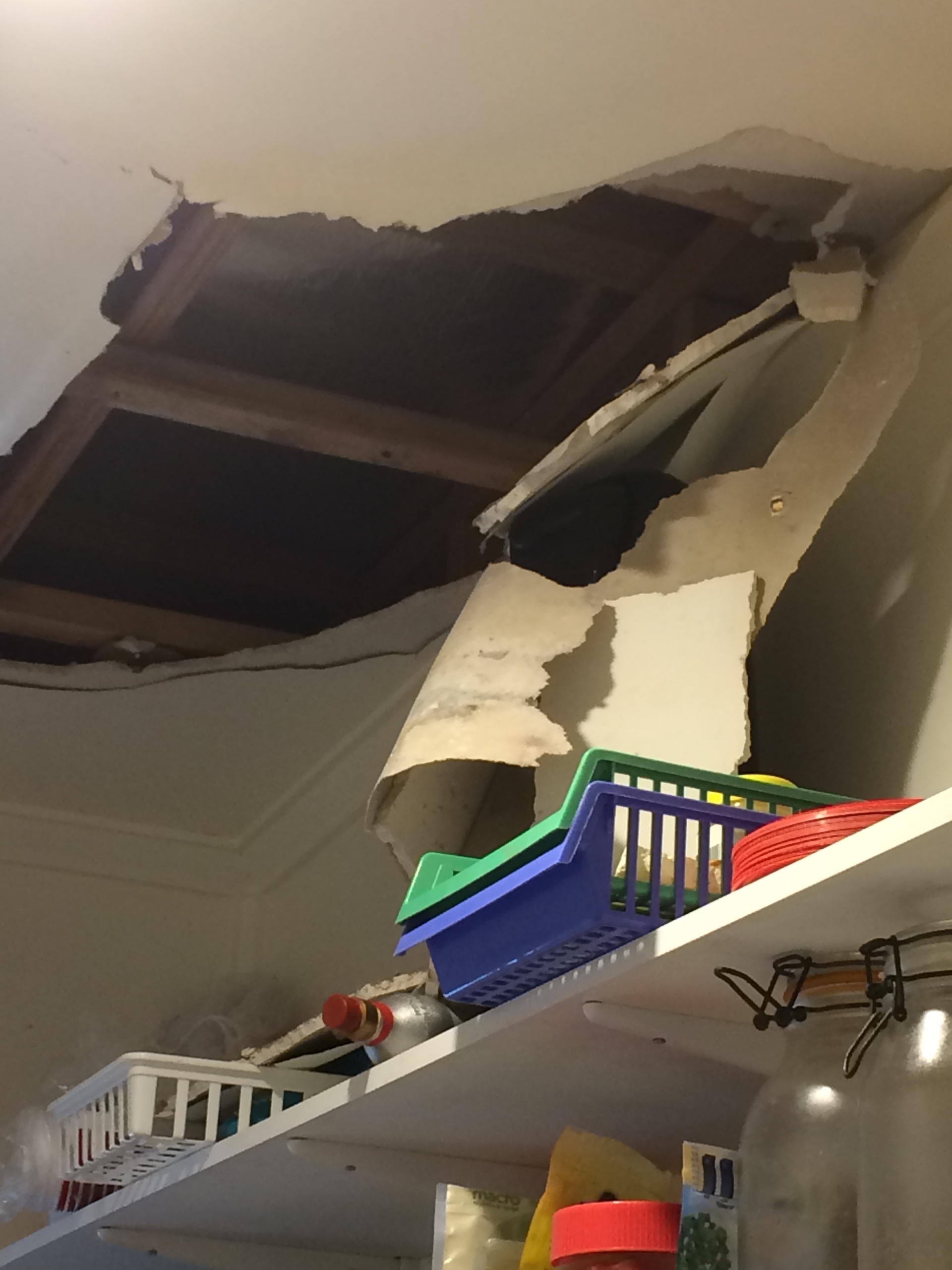A down to earth take on the Corona Virus
Setting things straight
Apologies if this is a little personal and close to home. But the misinformation being spread needs to be countered with the facts.
Facts are based on math and logic, not opinion.
Below the stated facts is my current call to action on client portfolios – very important reading.
If one person is sick at work with a stomach bug, do you send everyone else home and leave that person in the office or do you send that person home?
No different now.
Some stats to help those of you that have bought into the fear being spread by the press:
- 20-40% of the population will get the virus regardless of whether we lockdown or not.
- Of the current 331,000 of active virus cases, 96% have mild flu like symptoms, 3% are serious, and 1% are critical.
- The incubation period is not 14 days. The average is 14 days for those we know contracted it. In reality the incubation period could be anything from 3-4 days to up to 22 days.
- Staying home will not eradicate the virus. That’s nonsense. No virus is eradicated from people not getting it. Viruses are only eradicated from people getting the disease (speak to any virologist) and building an immunity or from a vaccine. Currently, a vaccine is about 12m away. So, does that mean we stay at home for 12m?
- The death rates vary widely by country so those reported in the press are way off. The average death rate amongst the more efficient countries is 0.9%, whereas its 6.5% for the least efficient countries. The difference between the cluster of countries – older populations, more smokers, poorer health systems, less testing, culture and hygiene. Also, the death rate is derived by dividing the number of deaths by the number of confirmed cases. Considering the efficient countries have only tested 120,000 to 150,000 people, there’s already 10-20 times more people that have the virus that don’t know and/or haven’t been tested, and possibly more. That puts the death rate for the efficient countries on par with the common flu!! Do we stay at home and lockdown the country for the common flu?? SARS had a death rate of 9.6% and MERS had a death rate of 34% – did anyone notice when that occurred?
- Age – the death rate below the age of 60 is 0.38% and even lower if you consider, as above, that more of us have it but don’t know. Of that 0.38%, all but a handful of cases had a preexisting condition. Of those that had no reported pre-existing condition, they had one but didn’t know they did. No deaths for those under the age of 10. Lastly, and away from the stats, the US has mobilized the army and national guard and Britain are a few days away from doing the same. Do you know why that it is? Yes, it’s to help with medical care, logistics, and sanitation. But the most important reason why isn’t being mentioned – martial law. No job, no money; no money, no food; no money, no electricity; what do people do when they have no food and no electricity to keep warm? If you need help figuring that out, I can’t help you!
From a portfolio perspective, I recommend you do the following right now:
- Don’t panic
- Don’t make any changes to portfolios, wait for markets to settle (I will let you know)
- Accumulate cash in portfolios – don’t rebalance, bank distributions, bank investments maturing like TDs and hybrids
- Use that cash to buy into the plethora of equity raisings we’re going to see over the next few months – Cochlear went first yesterday with a $850m raise at $140 per share – that’s a 44% discount to the peak and a 16% discount to the day before the announcement. On average, large cap stocks will be raising equity at a 15-20% discount to prevailing prices, whilst mid and small cap stocks will be raising equity at a 25-35% discount to prevailing prices. Fund managers are salivating over these opportunities.
- The bond market is returning to normal following the bazookas fired by central banks. The banks have more to do and are committed to doing “whatever it takes”. DON’T SELL YOUR BOND FUND – bond managers are salivating over the opportunities they’re about to get given how wide spreads are and the backstop / floor being provided by central banks.
- Stop reading the press and stop watching the news. False and misleading information now constitutes more than 90% of viewing and reading. They are spreading fear, fear feeds the narrative of lockdown, lockdown means mass unemployment, mass unemployment means no economic recovery.














